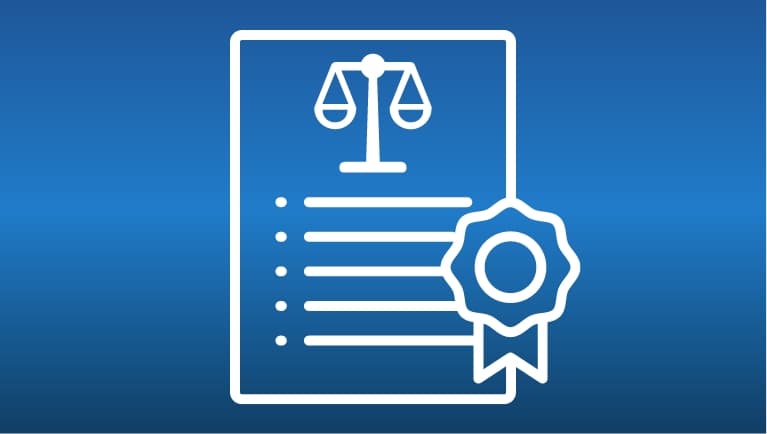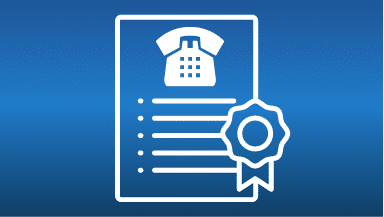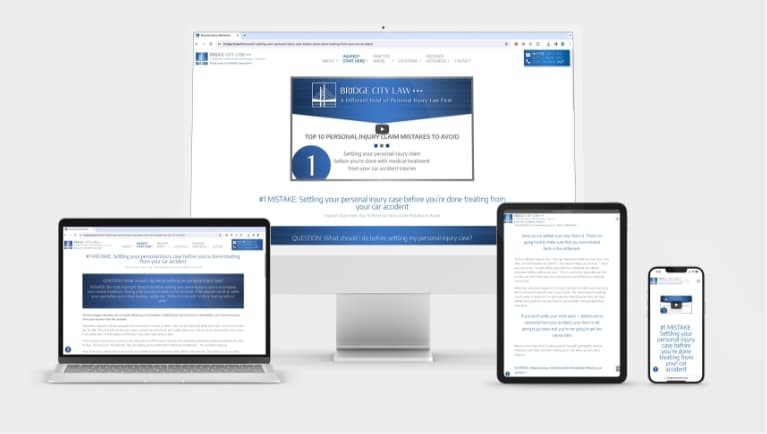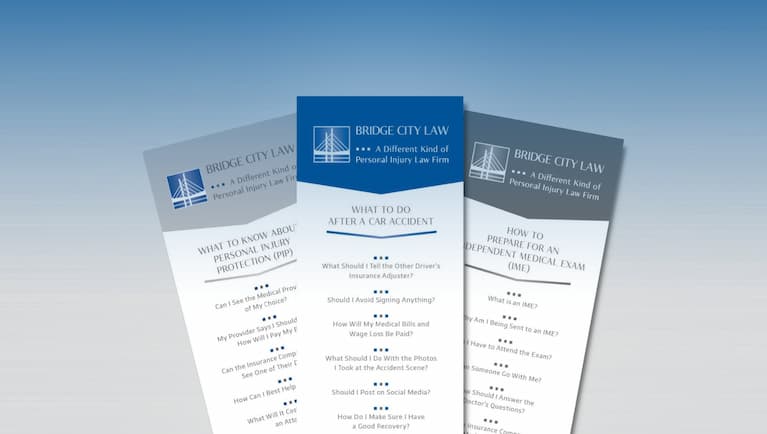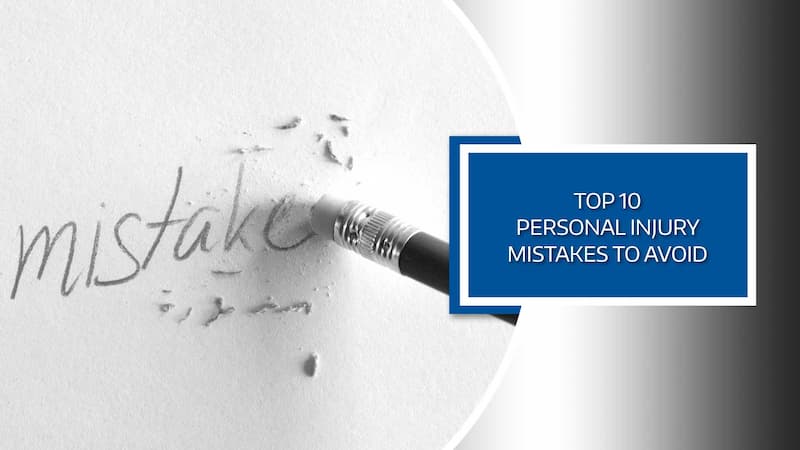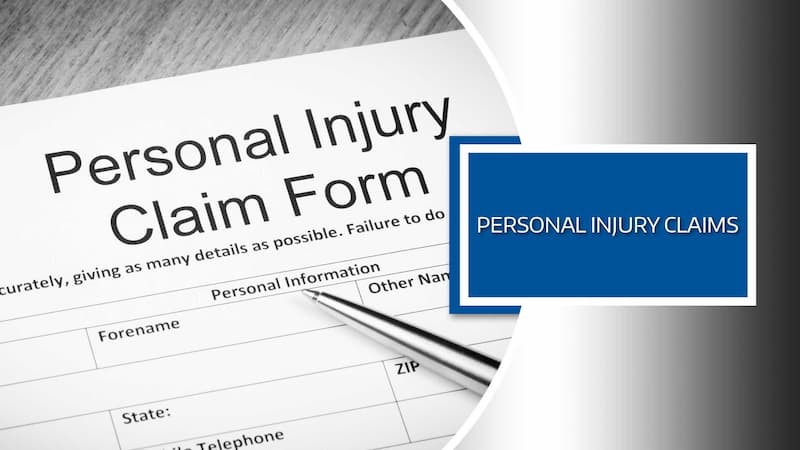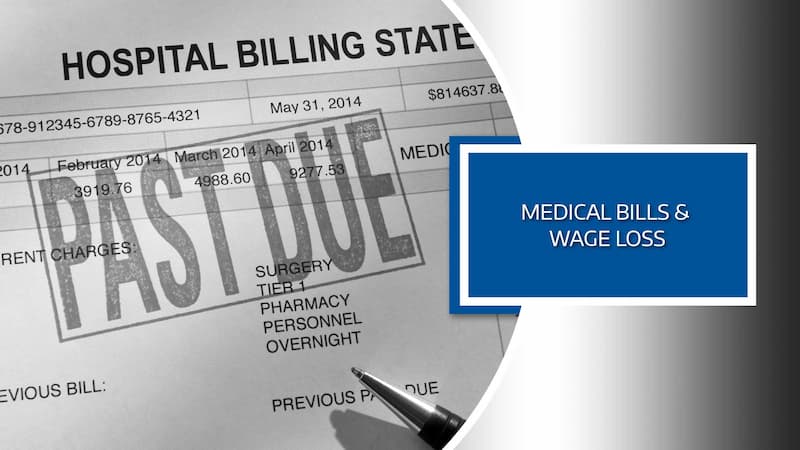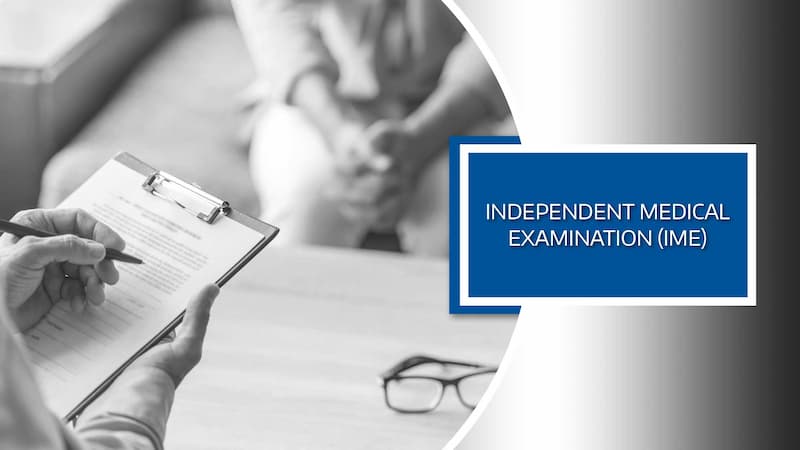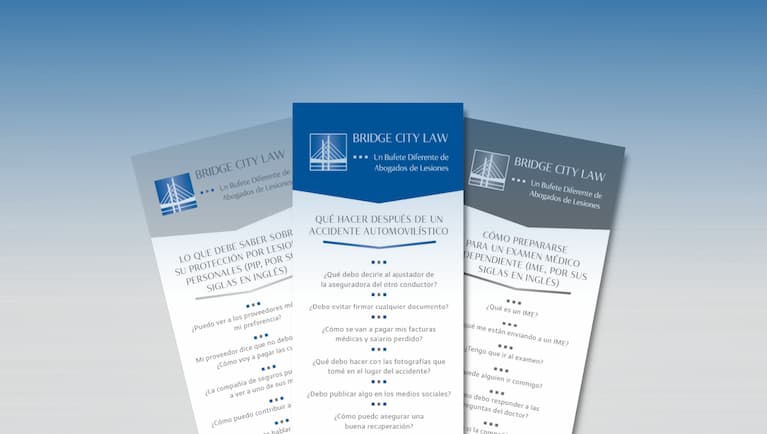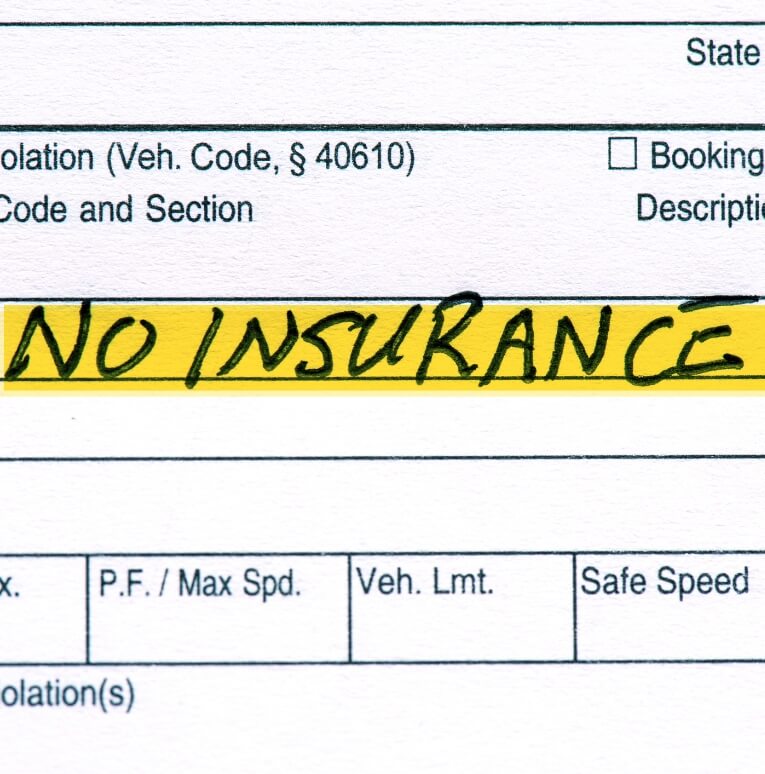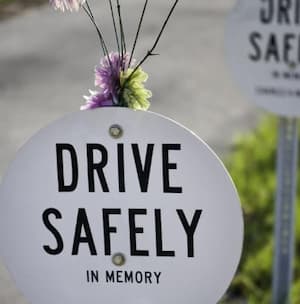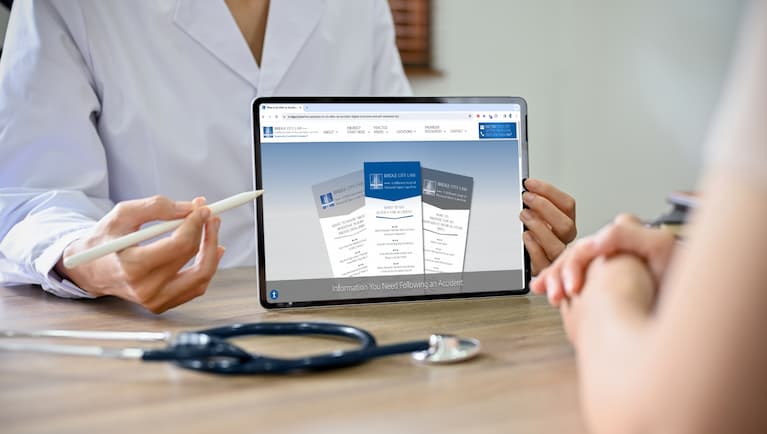#4 MISTAKE: Providing a recorded statement to the other driver’s insurance company without first speaking with an attorney
QUESTION: How do you respond when the other person’s insurance company wants to take a recorded statement?
ANSWER: When the at-fault driver’s insurance company requests a recorded statement after an accident, schedule it a couple of days later. This will give you time to consult with an experienced personal injury attorney. When you provide your recorded statement, focus on factual details of the accident, avoiding discussion about your injuries except for what the attorney has advised you to share. This will help protect your personal injury claim while cooperating with the insurance company and the claims process.
The fourth biggest mistake you can make following a car accident is providing a recorded statement to the other person’s insurance company without first speaking to an experienced personal injury attorney.
This is very important because everything that you say to the insurance company is recorded. If you make guesses about how the car accident happened, or if you inadvertently say things that aren’t accurate, the information in your recorded statement will be used against you.
How should you respond when the other person’s insurance company wants to take a recorded statement? While they do need basic information from you to get your claim started, you can be cooperative and protect yourself at the same time. What you simply say is: “Let’s schedule an appointment in a couple of days for me to give a recorded statement.”
You can go ahead and set the date, set the time, and then talk to an attorney before you give the statement.
If you’re not able to do that, when you give a recorded statement keep your responses limited to just how the accident happened, not what your injuries were, how you’re feeling, or any past similar type of problems you may have had. The most important thing is to stay focused on providing responses about how the collision happened. And, when it comes to talking about your injuries, you can provide that information at a later date, after you’ve had a chance to talk with a lawyer who has experience with personal injury claims.
Sometimes, when we get involved with a claim after statements have been given — especially if the other person’s insurance company is saying they’re not at fault, the recorded statement can cause problems. We see this most often when our client is guessing at an answer, making assumptions, or volunteering information thinking they were helping their claim.
Once a recorded statement is given, it’s very hard for us to unring a bell — things that you said regarding your accident can’t be unsaid.
Yes, you do need to give information to the insurance company — but it doesn’t always have to be recorded. If it is going to be recorded, then set the recording time for a future date — after you’ve had an opportunity to get guidance and advice from a personal injury attorney. That way you’ll be cooperating with the insurance company — and you’ll also be protecting yourself and your claim at the same time.
Whether you’re our client or not, we want to be a bridge of support for you.
We’ve developed a robust library of articles and videos organized into four topics which include our responses to the personal injury claim-related questions we’re asked most often.
- Top 10 Personal Injury Claim Mistakes to Avoid
- What You Need to Know About Your Claim
- How Are My Medical Bills & Wage Loss Paid
- How to Prepare for Your Independent Medical Exam
The articles provide advice and guidelines to help you navigate each phase of the personal injury claims process. Whether we represent you or not, we are passionate about helping you protect your rights, you receiving the medical care you need to recover from your injuries, and having the information you need to avoid mistakes that can harm your personal injury claim.
We are here to be a bridge of support. If you have questions about how to navigate the personal injury claim process, we're happy to talk with you. Whether you're our client or not, we want for you to get the information you need to protect your rights and your claim.
Unsure if You Have a Case?
Contact us for a NO FEE Case Evaluation
"*" indicates required fields











